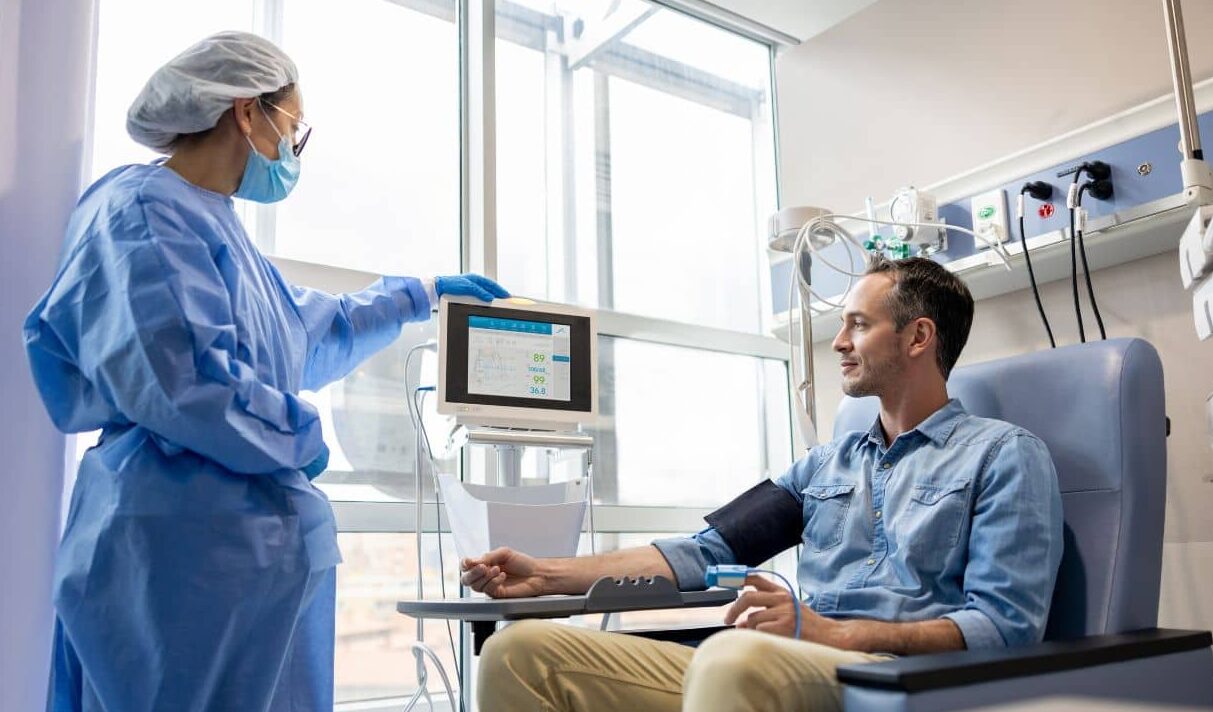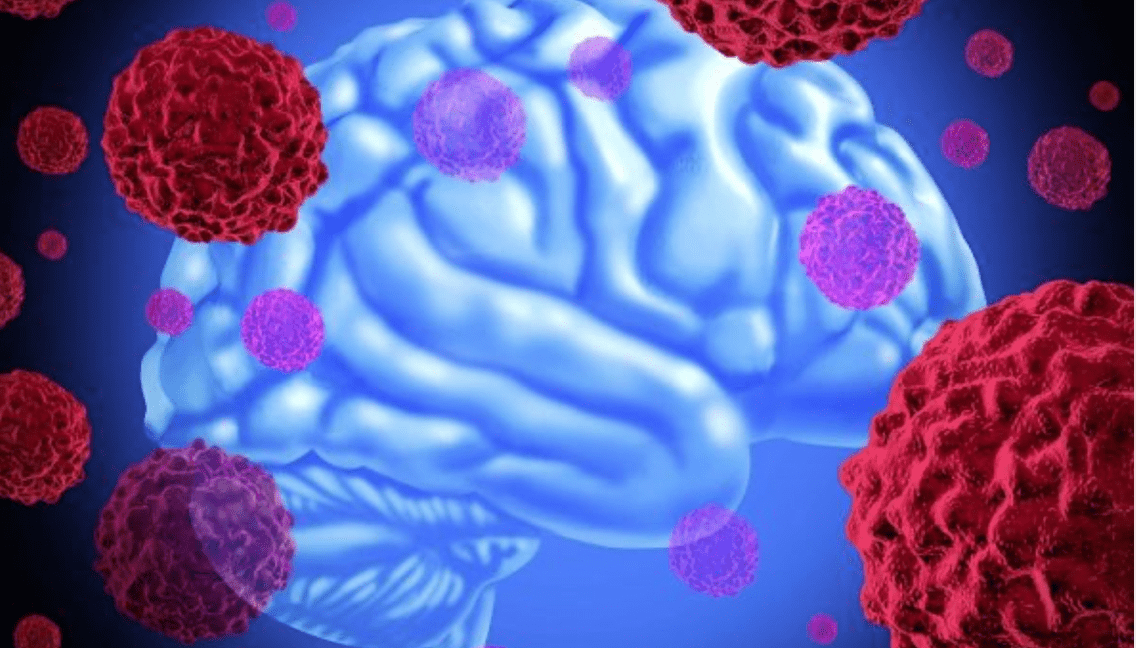-
 News
When glucose levels are low, chemotherapy ceases to affect cancer cells
News
When glucose levels are low, chemotherapy ceases to affect cancer cells
-
 News
Excessive treatment of prostate cancer in older men may reduce quality of life without increasing its duration
News
Excessive treatment of prostate cancer in older men may reduce quality of life without increasing its duration
-
 News
Brain cancer can be cured by viruses
News
Brain cancer can be cured by viruses
-
 News
Ways to reduce lymphatic pain in breast cancer have been found
News
Ways to reduce lymphatic pain in breast cancer have been found
-
 News
Scientists have turned bacteria into a powerful weapon against cancer
News
Scientists have turned bacteria into a powerful weapon against cancer
All news
Small intestine cancer treatment
- More common in developed countries.
- More often people over 60 years old get sick.
Modern diagnostic methods include colonoscopy, balloon and capsule endoscopy, PET, laparotomy and laparoscopy.
Innovative treatment: surgical removal, radiochemotherapy, targeted therapy, immunotherapy.
MedTour patients recommend clinics for the treatment of small intestine cancer:
Doctors for the treatment of small intestine cancer
Patient reviews
Good!
I want to share my experience with Liv Hospital, where I had a prostate removal surgery due to cancer. From the very beginning, everything was well-organized – the staff helped me with all arrangements, and the doctor explained everything in detail. The hospital itself is very modern and clean, which made me feel more comfortable.
The surgery went well, and I was surprised how fast I started recovering. Now, a few months later, I feel much better and my tests show good results. I’m really grateful to the doctors and nurses at Liv Hospital for their professionalism and care. If anyone is looking for high-quality prostate cancer treatment, I can definitely recommend this place.
Frequently Asked Questions
This is the transformation of cells of the small intestine with the formation of a malignant tumor.
Risk factors are:
- smoking and obesity,
- excessive consumption of alcohol and meat,
- lack of physical activity,
- inflammation of the small intestine,
- heredity.
Early symptoms include:
- nausea,
- vomiting,
- feeling of heaviness in the abdomen,
- diarrhea.
With the progression of the disease, abdominal pain and blood in the stool appear.
Yes, you can. In advanced cases, a person has intestinal obstruction – while the chance of death is very high.
Life expectancy of people depends on the degree of cancer, age and the presence of comorbidities. 86% of patients live for more than 5 years with early diagnosis and proper treatment.
For diagnostics use:
- radiography with contrast,
- colonoscopy, PET,
- balloon and capsule endoscopy,
- laparotomy and laparoscopy.
Treatment methods include:
- surgical removal,
- radiochemotherapy,
- targeted therapy,
- immunotherapy.
Modern methods for diagnosing of the small intestine cancer
To confirm the diagnosis, an X-ray examination is performed with a contrast agent – barium suspension. The patient drinks the solution before the examination. After several hours, the contrast reaches the small intestine and is visible on x-rays. According to them, the doctor makes a conclusion about the presence of pathological changes.
With additional tests, doctors will find out if the existing tumor has spread to the lymph nodes or other organs of the body. These include:
- ultrasound (sonography),
- CT, MRI,
- PET.
Endoscopic examinations
In upper colonoscopy, a thin tube (endoscope) is inserted through the mouth into the small intestine. The front of the endoscope contains a camera and a light source. This allows the endoscopist to assess the intestinal wall from the inside. If necessary, a biopsy is performed – tissue samples are taken from suspicious areas and examined in the laboratory.
In capsule endoscopy, a person swallows a capsule with a camera. The capsule goes through the entire gastrointestinal tract and exits naturally. Then the doctor receives the capsule and analyzes the data obtained.
In balloon endoscopy, the endoscopist examines the suspicious area using a balloon dilator. It is introduced in a deflated form and inflates only in the desired area of the intestine.
Laparotomy and laparoscopy
If all other methods failed to detect the tumor, but suspicions remain, a laparotomy or laparoscopy is performed. In a laparotomy, the abdominal cavity is opened and the organs in the abdomen are evaluated. Laparoscopy is minimally invasive compared to laparotomy. During the operation, the abdominal organs are examined with a laparoscope inserted through the holes in the abdomen.
Small bowel cancer treatment
Treatment should be started as early as possible. There are the following options:
- surgical removal – surgery is almost always required. The entire affected area is removed with a margin of several centimeters.
- radiochemotherapy – radiation and chemotherapy negatively affect cancer cells. The method is used to relieve symptoms.
- targeted therapy – targeted medications cause the death of cancer cells.
- immunotherapy – activates the immune system against cancer cells.
Published:
Updated:


Information on this webpage verified by the medical expert









Does Ralf buhl also remove brain lipomas?